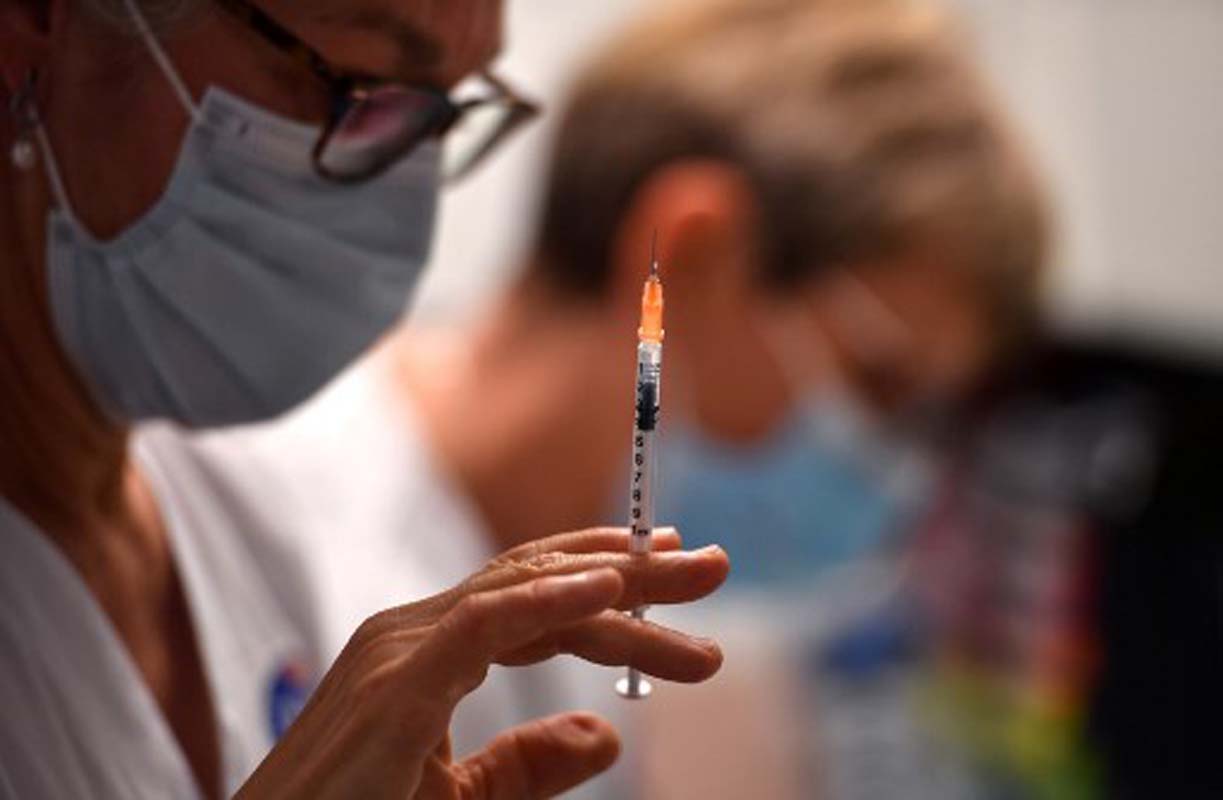
403
Sorry!!
Error! We're sorry, but the page you were looking for doesn't exist.
Sputnik V developer defines strategy for breakthrough HIV vaccine
(MENAFN) A Russian HIV vaccine, based on mRNA technology, may be ready within the next two years, according to Vladimir Gushchin, the head of epidemiology at the Gamaleya Center in Moscow. This vaccine is designed to stimulate a broad immune response by teaching the body’s cells to produce proteins that will help it recognize and fight the HIV virus if encountered.
Gushchin shared that the team is in the process of developing the first antigens that could prompt a broadly neutralizing immune response. However, due to HIV’s diverse nature, creating a vaccine that can protect against all variants remains a challenging task. The success of the vaccine will depend on whether the immunogen can trigger a sufficient response against various strains of the virus.
The Gamaleya Center, which developed Sputnik V, one of the first COVID-19 vaccines, is leveraging mRNA technology for this HIV vaccine. Gushchin highlighted the advantage of mRNA vaccines in generating stronger immune responses compared to traditional methods. The vaccine will be genetically engineered, created from a computer-designed structure.
Currently, the institute is testing immunogens to neutralize a wide range of HIV strains, with the next phase involving testing on animal models. The vaccine’s development is expected to take around two years.
According to the latest UNAIDS report, the number of new HIV infections worldwide has dropped by 40% since 2010, with improved treatment access contributing to a significant decline in AIDS-related deaths.
Gushchin shared that the team is in the process of developing the first antigens that could prompt a broadly neutralizing immune response. However, due to HIV’s diverse nature, creating a vaccine that can protect against all variants remains a challenging task. The success of the vaccine will depend on whether the immunogen can trigger a sufficient response against various strains of the virus.
The Gamaleya Center, which developed Sputnik V, one of the first COVID-19 vaccines, is leveraging mRNA technology for this HIV vaccine. Gushchin highlighted the advantage of mRNA vaccines in generating stronger immune responses compared to traditional methods. The vaccine will be genetically engineered, created from a computer-designed structure.
Currently, the institute is testing immunogens to neutralize a wide range of HIV strains, with the next phase involving testing on animal models. The vaccine’s development is expected to take around two years.
According to the latest UNAIDS report, the number of new HIV infections worldwide has dropped by 40% since 2010, with improved treatment access contributing to a significant decline in AIDS-related deaths.

Legal Disclaimer:
MENAFN provides the
information “as is” without warranty of any kind. We do not accept
any responsibility or liability for the accuracy, content, images,
videos, licenses, completeness, legality, or reliability of the information
contained in this article. If you have any complaints or copyright
issues related to this article, kindly contact the provider above.
Most popular stories
Market Research

- New Cryptocurrency Mutuum Finance (MUTM) Raises $15.8M As Phase 6 Reaches 40%
- Noveba Brings Apple Pay To Customers
- Mutuum Finance (MUTM) Approaches Next Phase With 14.3% Price Increase After Raising $16 Million
- Cregis And Kucoin Host Institutional Web3 Forum Discussing Industry Trends And Opportunities
- Primexbt Expands Crypto Futures With 101 New Coins, Delivering Best-In-Class Trading Conditions
- BTCC Exchange Announces Triple Global Workforce Expansion At TOKEN2049 Singapore To Power Web3 Evolution



















Comments
No comment